
It may never have occurred to you to brush your dog’s teeth before, or maybe you’ve tried but your dog hates the toothbrush. Is it really that important to brush your dog’s teeth? What happens if you don’t do anything about your pup’s dental health? You may have lots of questions about doggy dental health, and we aim to provide you with answers. Here are the answers to the top 7 questions about how and why you need to care for your dog’s teeth.
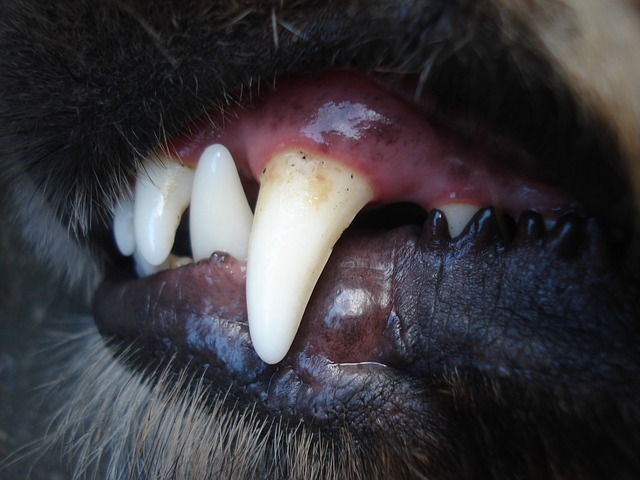
#1 – Why do I need to brush my dog’s teeth?
85% of dogs have signs of periodontal (gum and tooth) problems by the time they’re only 4 years old, and many show signs by the time they’re only 2! Failing to care for your dog’s teeth and gums can cause a wide variety of problems beyond just a buildup of plaque and tartar. Dogs can suffer from cracked or loose teeth, abscesses, and infections. A severely infected tooth or an abscess can lead to a broken jaw. An infection of the gums can actually travel into the bloodstream and cause problems with your dog’s organs and lead to premature death! Brushing your dog’s teeth helps prevent a whole host of health problems.
#2 – How often should I brush my dog’s teeth?
More is better. You should aim to brush your dog’s teeth at least once a day for optimal oral health.
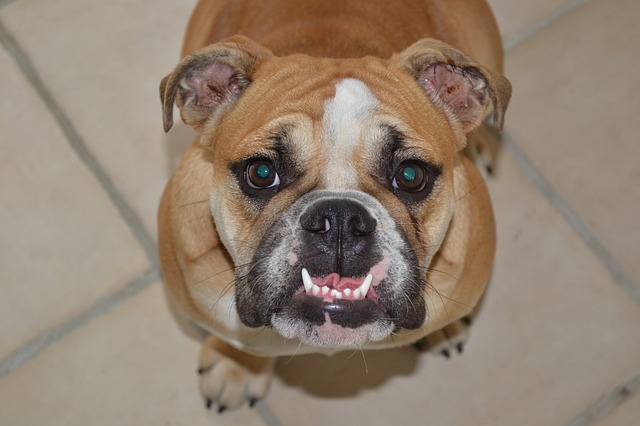
#3 – How do I brush my dog’s teeth?
For starters, always use a toothpaste designed for dogs – human toothpaste can be toxic to dogs, especially since they can’t spit it out. If you’ve never brushed your dog’s teeth before, you can start by putting some toothpaste on your finger and letting him lick it off. Once he’s familiar with the taste, you need to get him used to having his face handled. Practice lifting up his lips to get him used to the sensation before shoving anything into his mouth. Then you can move on to putting toothpaste on your finger and rubbing it over your dog’s teeth. Once he’s used to your finger, you can graduate up to a finger brush (for a limited time only, get a FREE finger toothbrush here).
#4 – What are signs my dog has an oral or dental problem?
The first thing you may notice from your dog could be bad breath. Other signs of oral or dental problems include excessive drooling, pawing at the mouth, inflamed gums, and refusal to eat. If you can look at your dog’s back teeth, excessive amounts of brown on his teeth means he has a lot of plaque and tartar buildup that will need to be scraped off while your dog is under anesthesia. While anesthesia-free dental clinics have become all the rage lately, the techs aren’t able to clean underneath your dog’s gum line, meaning they’re only dealing with the problem you can see. Leaving plaque, tartar, and bacteria under the gums will still lead to systemic health problems.
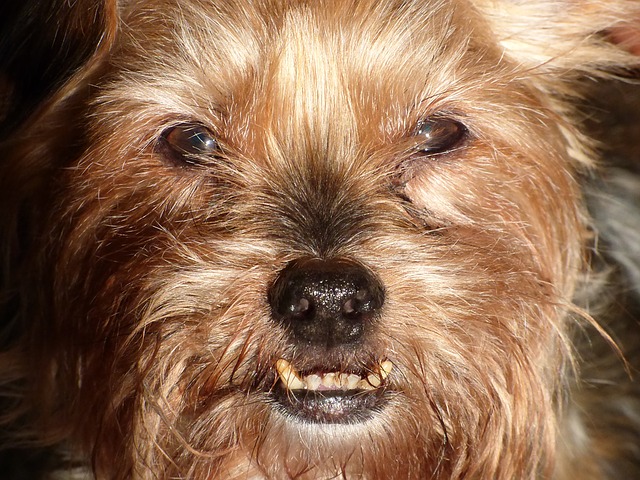
#5 – What sort of dental and oral problems can my dog develop if I don’t brush his teeth?
Failing to brush your dog’s teeth can lead to tooth loss, gum disease, a broken jaw, and even organ failure.
#6 – How often should I have the vet check my dog’s teeth?
A younger dog should have his teeth checked by a vet at least once a year. Once your dog reaches middle age, the vet should take a peek at his teeth twice a year in order to catch dental problems before they become even bigger problems.
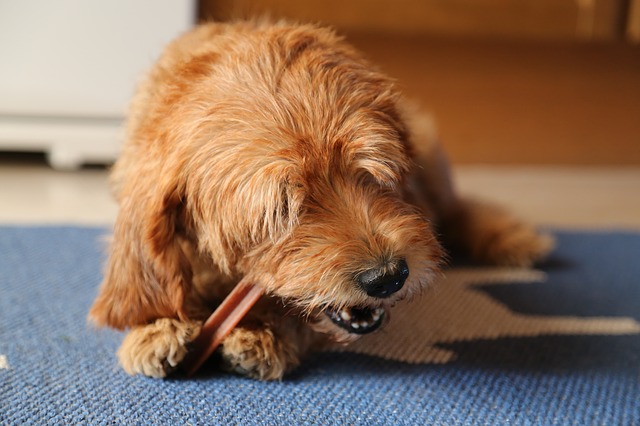
#7 – What if my dog hates the toothbrush?
While brushing your dog’s teeth is best, there are things you can do to help take care of your dog’s teeth if he really does hate the toothbrush. If your dog likes to chew, there are plenty of toys that help promote good doggy dental health. If your dog isn’t into chew toys, you can try a dental spray or dental rinse.
For a great way to treat your dog while taking care of his dental health and also helping to feed shelter dogs, check out the Project Paws® Triple Enzyme Dental Stick! This low-calorie grain-free treat is specifically designed to control plaque, reduce tartar buildup, freshen breath, and help maintain healthy teeth and gums. These treats contain no artificial colors, and each purchase provides 7 meals for shelter dogs!
These statements have not been evaluated by the Food and Drug Administration. This product is not intended to diagnose, treat, cure, or prevent any disease. The information on this website is not intended to replace a one-on-one relationship with a qualified healthcare professional.
(H/T: WebMD Pets, Animal Planet)
The post The Top 7 Questions Around Doggy Dental Health – ANSWERED appeared first on iHeartDogs.com.
from iHeartDogs.com https://ift.tt/31r8Dtf data:image/svg+xml,%3Csvg%20xmlns='https://ift.tt/3bEUo7x
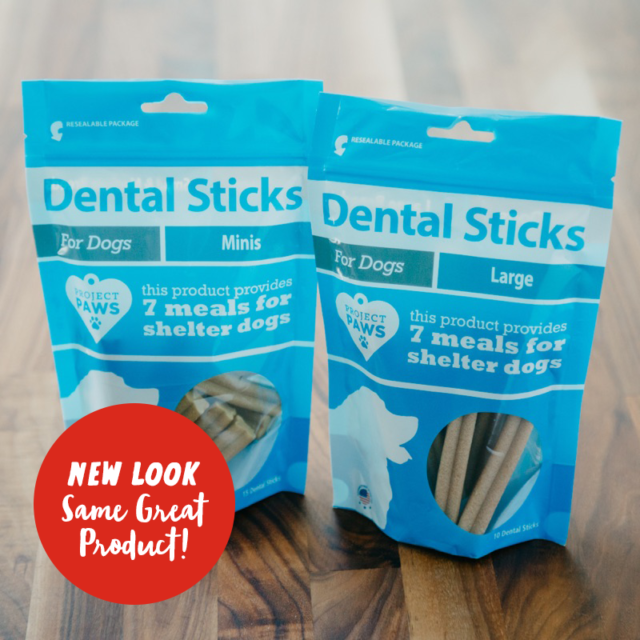

No comments:
Post a Comment